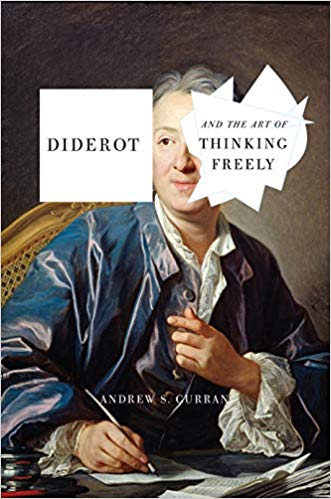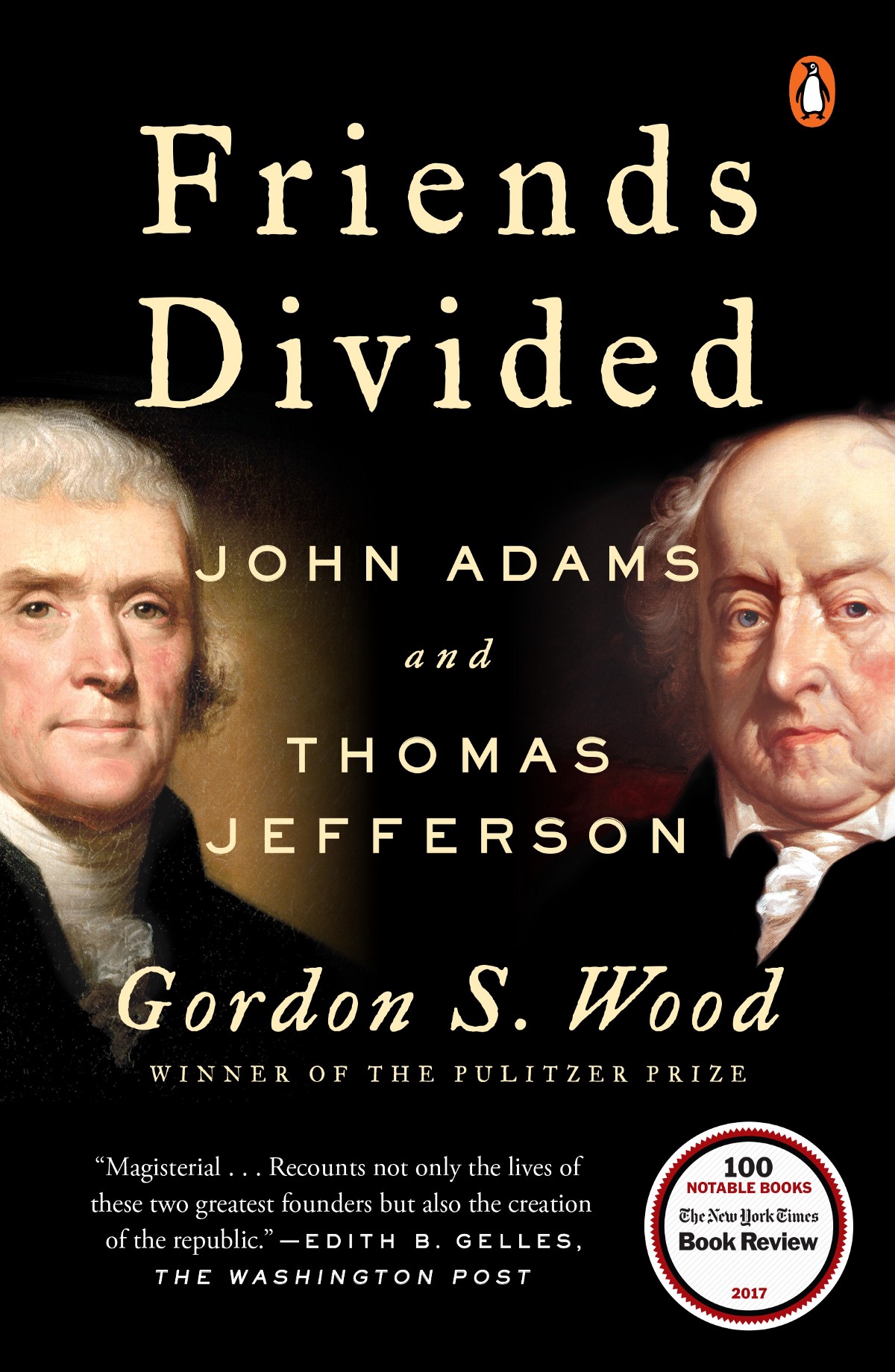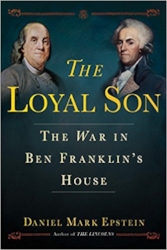Review of Andrew S. Curran’s “Diderot and the Art of Thinking Freely,” New Republic (2019)
The early months of 1743 brought Denis Diderot’s career as a con artist and freeloader to a shameful end. His own father committed him as a prisoner to the Carmelite monastery in his hometown of Langres in eastern France, hoping to prevent his 29-year-old son from doing further harm to himself and others. Denis came from two respectable families: His father was a successful manufacturer of knives and surgical equipment, and his maternal uncle was a priest and administrator at Langres Cathedral. His parents and siblings cared deeply for him, and he received a first-class education. He could blame no one but himself. [More…]
Review of Gordon Wood’s “Friends Divided: John Adams and Thomas Jefferson,” Medium (2018)
John Adams and Thomas Jefferson met for the first time in the summer of 1775. Still in their thirties, they had been elected delegates to the Second Continental Congress, Adams from Massachusetts and Jefferson from Virginia. It was a desperate hour. Only weeks before, British regulars and colonial minutemen had fired on each other at Lexington and Concord. The American colonies were in open rebellion. Representatives from all thirteen colonies hastened to Philadelphia to plan their next move. The meeting between Adams and Jefferson was the beginning of a friendship that would last more than half a century. It expressed, like no other relationship of the era, the ambiguity and drama of the American founding. [More…]
Review of Sam Rosenfeld's "The Polarizers: Postwar Architects of Our Partisan Era," LSE Review of Books (2018)
In September 1950, a committee of the American Political Science Association (APSA) published a report highly critical of political parties in the United States. Titled ‘Toward a More Responsible Two-Party System’, the report openly questioned the ability of the two major parties, Democratic and Republican, to manage post-war governance, and it predicted a fundamental crisis in US politics unless the parties could be reformed. The situation was so dire, in their view, that the authors directed their findings not to other scholars but to party leaders, office holders and ‘everyone interested in politics’ in the hope of bringing about ‘a fuller public appreciation of a basic weakness in the American two-party system’. And what was this weakness? The two parties were insufficiently polarised. Because nothing distinguished them from one another, they failed to give voters a real choice between governing agendas. [More…]
Review of Daniel Mark Epstein's "The Loyal Son: The War in Benjamin Franklin's House," New Republic (2017)
In late 1772 Benjamin Franklin received a startling package from an unknown sender. It was a collection of letters from several high-ranking colonial officials in Massachusetts written to Thomas Whatley, an assistant to Britain’s prime minister. Their subject was the ongoing unrest caused by the Stamp Act, which imposed the first direct taxes on colonists, and by other legislation the people in Massachusetts judged oppressive and tyrannical. The officials reported that the colonists had started an insurrection: The king’s property was being vandalized and his officers harassed. Mobs controlled the streets, forcing British soldiers to seek safety on an island in Boston Harbor. Only a strong show of force, the officials insisted, would restore peace. [More…]
Review of Michael J. Klarman's "The Framers' Coup: The Making of the United States Constitution," New Republic (2016)
Throughout the hot Philadelphia summer of 1787, delegates to the Constitutional Convention labored to replace the Articles of Confederation with a new frame of government. While the convention nearly broke down several times over slavery and the apportionment of representation among the states, by late September the delegates had achieved their goal and produced a new constitution—the one Americans still live with. No delegate was completely satisfied with the process or the results; of the 55 who attended the convention only 39 signed the finished document. Overall, though, the signers were pleased with the system they created. James Wilson of Pennsylvania judged it, “The best form of government which has ever been offered to the world.” Next, the Constitution was sent to the states to be debated and, the Framers hoped, ratified. [More…]
Review of Annette Gordon-Reed and Peter S. Onuf's "'Most Blessed of the Patriarchs': Thomas Jefferson and the Empire of the Imagination," New Republic (2016)
At a 1962 White House dinner honoring Nobel Prize winners, President Kennedy remarked, “This is the most extraordinary collection of talent, of human knowledge, that has ever been gathered together at the White House, with the possible exception of when Thomas Jefferson dined alone.” The witticism is apt, yet we might wonder if Jefferson ever dined alone. So large and varied were his accomplishments and failings, and so profound his contradictions, he might appear to us as a whole community of geniuses and devils rather than a single man. The title of a major 1996 biography, American Sphinx: The Character of Thomas Jefferson, by Joseph Ellis, reflects the challenge. Although Jefferson’s capacious inner and outer life is as well documented as anyone’s from the revolutionary era, he remains a mystery. [More…]






